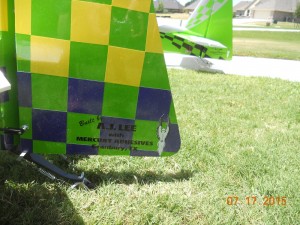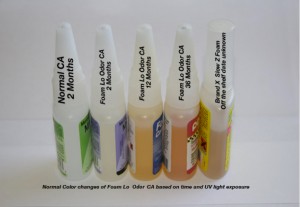Company Information
Company Information
Mercury Adhesives is an American Glue Company, that is veteran owned, and located in Atlanta, Georgia. Mercury Adhesives is absolutely committed to producing only the highest quality adhesives that are manufactured and bottled in the the United States. It was founded in 2007 by Cliff Whitney, and is now run by Eric Fether.
Mercury recognized that quality is of the utmost importance and we are proud that our adhesives and processes are all accredited by ISO9001-2000 and QS9000 standards. The medical division supporting Mercury products is USP Class VI approved, and the Mercury manufacturing facility posses numerous military and original equipment manufacturer approvals.
Mercury has put in place the technology and a global supply infrastructure to get things done. The Mercury line of high quality adhesives and sealants are simply the best, and we serve industrial and consumer clients all over the world.
The Mercury product themselves are proudly made in the USA! All of our products are 99.9% pure and are absolutely NON-TOXIC without any harmful ingredients. This cannot be said of other super glues in the world. Asian manufactured adhesives can contain:
- Chloroform: 2012 recalls on glues produced in China contained 230x the legal limits
- Formaldehyde and Praformaldehyde
- Tetra chloromethane / Carbon Tetrachloride
- Triethyl Phosphate
- Acrylonitrile
- Dichloromethane
Mercury prides ourselves in making nothing but the best adhesives on the planet. Try them and see for yourself. There is a difference!
Ron’s Furniture Repair
We think Mercury Adhesives make the best super glue, and use your products every single day.
Thanks again for your support.
Ron Alba
Hawaii’s Leader in Furniture Repairs and Restoration
Bldg 28 in Kapaa Quarry, Kailua
Office: (808) 261-6600
Cell: (808) 722-4961
Click on our web site link for a map and directions to our shop: www.ronsfurniturerepairs.com
Hard or Chunky Epoxy
Every once in a while we get questions about Epoxy hardening, or getting chunky. Let’s see if we can answer that question, and address this concern —
What it looks like:
Crystallization shows up as cloudiness, free floating crystals, crystal masses, or as a completely solidified mass.
Cause:
The hardened resin is due to the purity of our epoxy and most likely a result of temperature. Whether that is a temperature change, or from being stored in a cold place.
Why it happens:
The Crystallization that occurs is the same process that causes honey to crystallize in your home. The crystallization phenomenon is possible in all epoxy resin and hardeners that is very pure. Epoxy crystallization is very similar to other crystal growth. High purity, low viscosity, impurities, extreme cold, and temperature cycles all increase the probability of occurrence.
Fix:
The fix is the same as it is for crystallized honey — heat it up. You can heat the resin in hot water, or microwave it for a few seconds (duration depends on the power of your microwave — GO SLOW and BE CAREFUL!). This will dissolve the crystals and restore the epoxy to a useful state.
For those of you suffering from insomnia, here’s a technical brief on this phenomena —
Why do my different bottles of CA have slightly different colors or hues?
The slightly different colors and hues come from the stabilizer used in the manufacturing process. This chemical has a fairly wide color window (20aspa to 150aspa). Mercury typically sees around a 30aspa to 50aspa, which for the most part would be colorless, the spec or tolerance can go as high as 150aspa, which would still be in spec and be a slight amber color. UV light can also have an effect on the stabilizer, causing an oxidation of the stabilizer, which would increase the aspa spec for that particular bottle.
Note that his color difference or oxidation of the stabilizer has no effect on the stability or the performance of the product. Mercury has performed accelerated and real time testing on all Mercury products to the point of actually exposing them to enough UV light to oxidize them to the point of turning brown with no loss in tensile strength, set times, or increase in viscosity.
What are threadlocks and how do they work?
Threadlocks are anaerobic adhesives, this means that they cure in the presence of metals and the absence of oxygen. To use threadlocks you simply apply them to the threads of a bolt and tighten the bolt. Once the threadlock comes into contact with the metal bolt and the oxygen is removed during the tightening process it will cure on the threads and prevent the bolt from loosening.






